
Speaking at a consultative meeting in Karachi with regard to Free Trade Agreements (FTAs) with Turkey and Thailand, the minister urged the business community to adopt various trade modes. “For example, start with an offensive mode and then move onto a defensive mode,” said Khan.
The consultation was organised by the Ministry of Commerce in collaboration with the Pakistan Business Council (PBC) to seek input from the business community on ongoing negotiations regarding FTAs with Turkey and Thailand.

The minister assured the business community that interests of the local industry would be safeguarded but trade liberalisation was the need of the hour and in the larger interest of Pakistan’s economy and trade.
He said, along with inking FTAs with different countries, newly enacted defensive laws shall be implemented to protect Pakistan’s industry.
“It is high time that Pakistan follows trade possibilities by concluding more FTAs with other countries,” he concluded. Welcoming the process to solicit input to formulate trade related policies and bilateral agreements, the business community representatives were of the view that the government should also reform taxation regime to improve competitiveness to take advantage from FTAs.
Earlier, presenting the objectives of the meeting, National Tariff Commission (NTC) member Robina Athar, and former chief negotiator for FTAs, said that the overriding objective of the meeting was to feel the requirements of the business community. She said that since the last two decades, the number of FTAs involving at least one Asian economy had increased by an average of 15 each year.
“Within Asia, FTAs involving the dynamic ASEAN +6 economies increased 10-fold from 17 in 2000 to 200 as of July 2014 accounting for 72% of the total Asian FTAs,” she added.
PBC Chief Executive Officer Ehsan Malik lauded the Ministry of Commerce’s effort to launch Strategic Trade Policy Framework (STPF). With regard to FTA with Turkey, he was of the view that there was a need to pursue tariff reduction on rice, as Turkey may seek tariff parity with China and Sri Lanka.
He proposed that the negotiation team should press for tariff reductions on the high potential export products such as apparels and textiles and single cotton yarn of uncombed fibres.
Published in The Express Tribune, October 5th, 2016.
Like Business on Facebook, follow @TribuneBiz on Twitter to stay informed and join in the conversation.











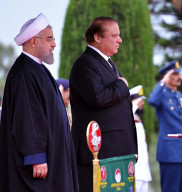

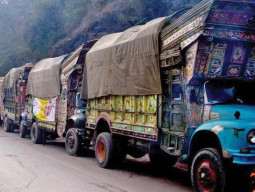
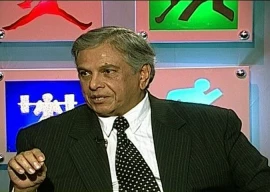

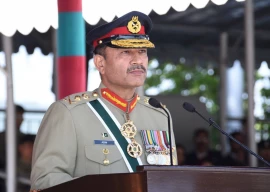
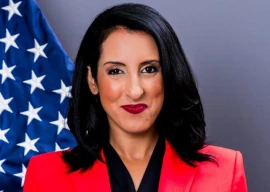
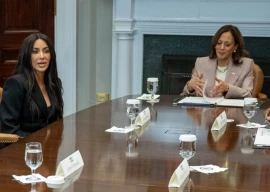
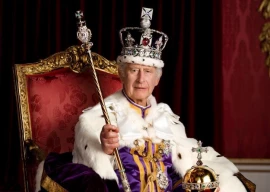











1714024018-0/ModiLara-(1)1714024018-0-270x192.webp)









COMMENTS
Comments are moderated and generally will be posted if they are on-topic and not abusive.
For more information, please see our Comments FAQ